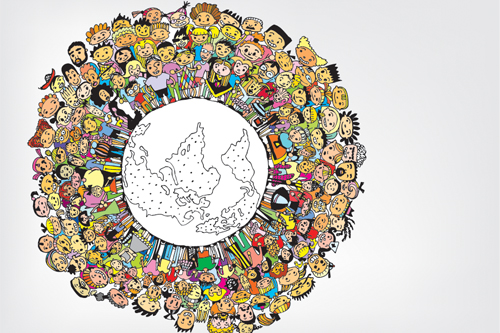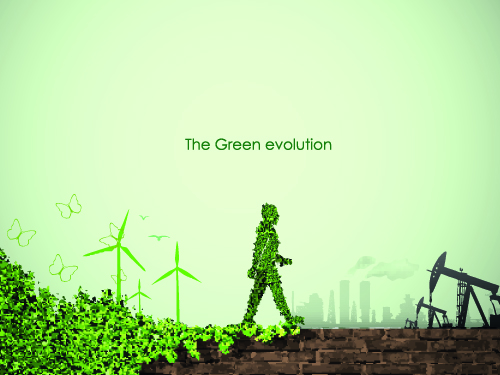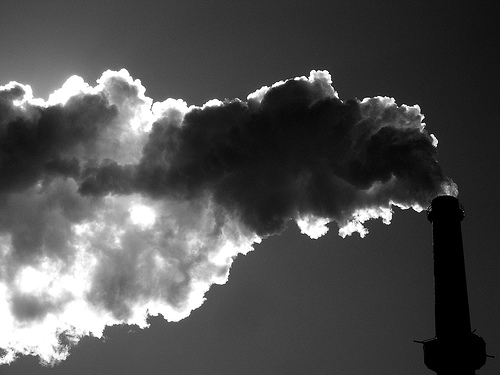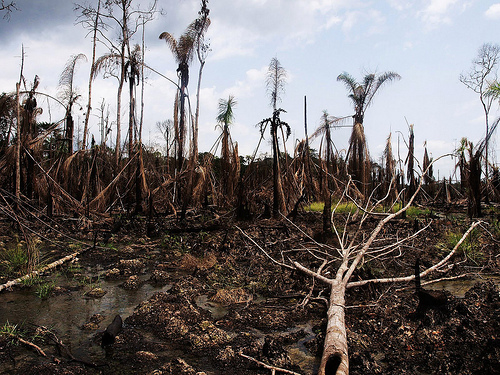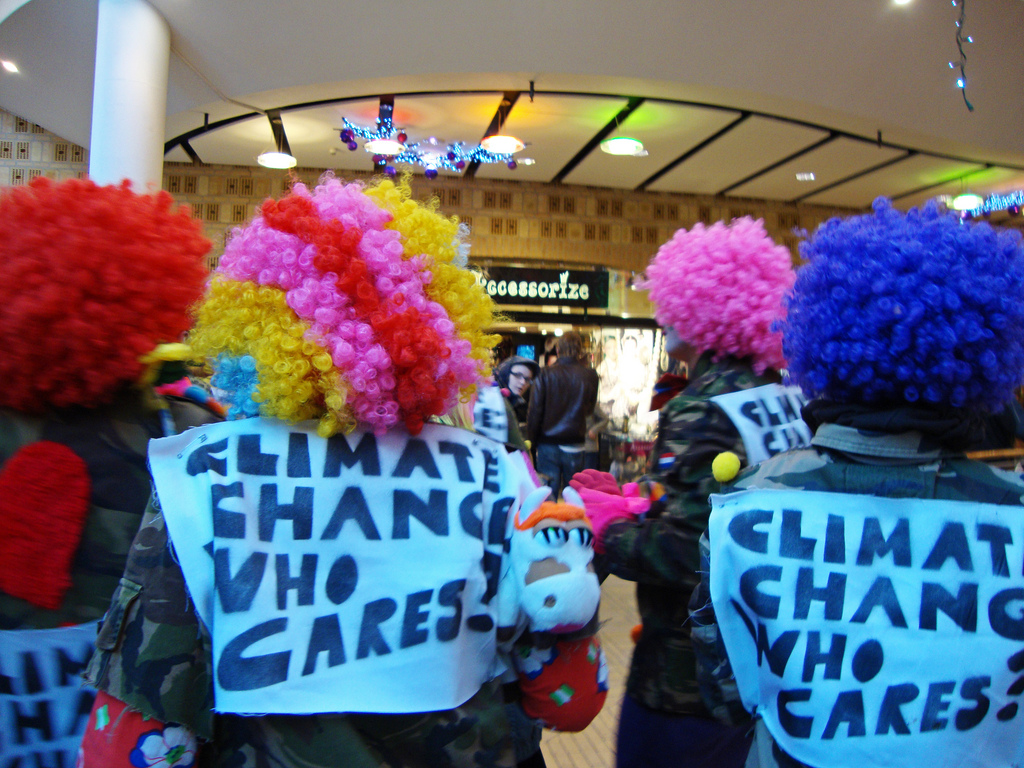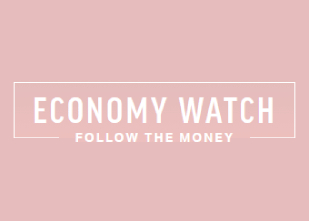Is A Steady State Economy Possible?: Gail Tverberg
A Steady State Economy is one that seeks to balance growth with environmental integrity by maintaining stable or mildly fluctuating levels in population and consumption of energy and materials. In our current global scenario – with population and demand...
The US & China Must Co-Lead The World In Counter-Terrorism: Dan Steinbock
Neither the U.S., with all of its military muscle and more than 40 percent of annual military expenditures worldwide, nor China, with its rising economic clout and military modernization, can effectively contain globalized terrorism on their own. Yet if they...
Why Economies Must Invest In Equal Opportunities For All Children: Jeffrey Sachs
Children are every country’s most vital resource; yet even high national incomes do not guarantee children’s well-being. According to a new UNICEF study, societies that have a strong commitment to equal opportunity for all of their children – and that...
France & Germany – Building A Path To A Low-Carbon Future: Jeffrey Sachs
The surest bet on the future of energy is the need for low-carbon energy supplies; And while early movers, such as France & Germany, may pay a slightly higher price today for these strategies, they and the world will reap...
Gender Equality: Key To Wealth & Happiness In Nordic Countries
The Nordic nations have gone much further down the road to gender equality than anywhere else in the world. By comparison, some of G8 nations, especially France, Italy and Japan, have a lamentable record. But few countries are emulating the...
Towards A Global Carbon Tax – A Better Way To Fight Climate Change?: Jeffrey Sachs
The European Union Emissions Trading System was the world’s first large emissions trading scheme, which required industrial emitters to purchase a permit for each ton of CO2 emissions. However, with permits’ prices plummeting in the midst of Europe’s economic slowdown,...
Fighting Climate Change – Why Current Solutions Don’t Work: Gail Tverberg
World leaders seem to have their minds made up regarding what will fix world CO2 emissions problems. Their list includes taxes on gasoline consumption, more general carbon taxes, cap and trade programs, increased efficiency in automobiles, greater focus on...
Polluters Must Pay In ‘The New Era Of Responsibility’: Jeffrey Sachs
In a momentous verdict last week, BP was ordered to pay the largest criminal penalty in U.S. history for its role in the Deepwater Horizon oil spill. However, while polluters are increasingly being held accountable for their crimes in the...
The Dangerous New Era Of Climate Change: Jeffrey Sachs
For many years, the risk of climate change was widely regarded as something far in the future, a risk perhaps facing our children or their children. But recent global events suggest that we have now entered a new and very...
Impacts of Inflation
Inflation is a situation when worth of money decreases. It is caused by excess of money supply in a particular economy. Whenever, money supply exceeds the demand for money, inflation results. In simple terms, inflation corresponds to reduced purchasing...
Trends In The Demand And Supply Of Food Grains
In this paper we will focus on the past demand and supply of food gains and then move onto the forecasted demand and supply of food grains. Past Trend In The Demand And Supply Of Food Grains The population...
Effects of Economic Inequality
Inequality in the parlance of Economics is generally understood as a lack of parity in the entitlement to resources and income among all economic agents. Economic inequality is seen to exist in the developed and developing nations, across different...
Boost Trade In Agricultural Commodities
Opening up of economy or trade liberalization can help to reduce food prices. In the words of the World Bank President, Robert B. Zoellick, “A fairer and more open trading system would encourage the developing country farmers to expand...
Poverty in Global Context
The problem of poverty has crippled the world economic development from time to time. Poverty is visible in all the corners of the world; though, its severity varies. It is more prominent in the developing and less developed economies, while;...
Global Economic Challenges
The modern day global economy is a highly interconnected one. With the increased connectivity the challenges before the global economy has achieved an altogether new dimension. On one hand is the positive impact of instant access to the global information...

